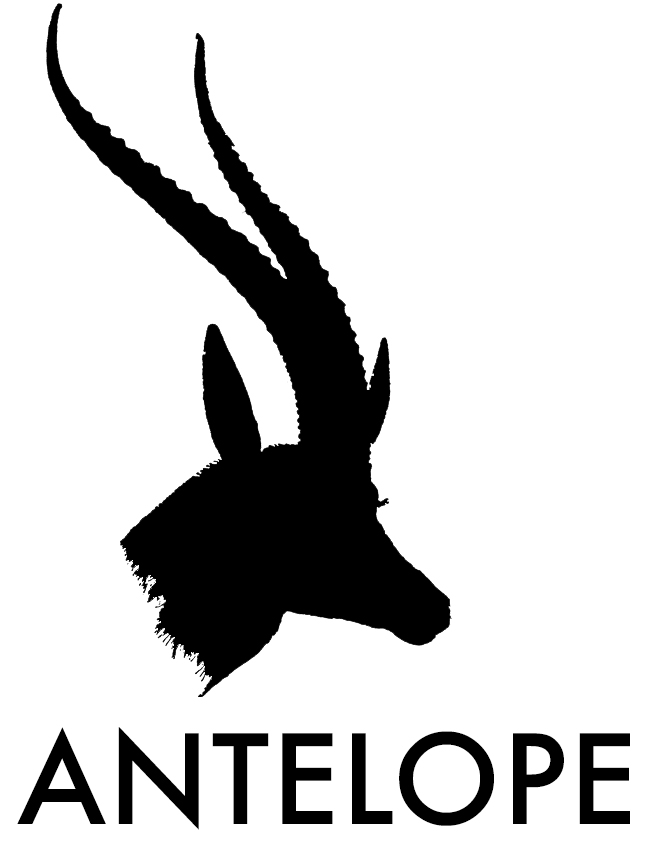Working in the World of Communications
With school back in and many having to get their heads back into work and school, we thought it might be good to share one of our stories about how we got into the world of comms and what it is we really do at a PR and content agency.
PR & Comms is an interesting business. On the one hand you need to get to grips fast with products, services, industries and sometimes the politics within those industries. You also need to understand the passion many clients have for their jobs, what they sell and their beliefs and values. However, you also need to understand that what is an interesting read/watch for their customer so often you have two clients in mind - the client paying and the end user of their product or service. Each piece of content has to be pitched or engaged by someone else – normally someone who isn’t invested in the particular product or service or brand your client is hoping to sell, hence the reason they need your support.
Your role in communications is to make that piece of information interesting, relevant to the reader or watcher and bridge the gap between client and audience – it’s what we call “sprinkling the gold dust”. Although that sounds very fairytale it is actually a lot more complex than it sounds. To understand how to get the gold dust right you need to firstly understand your target audience. Or even audiences. Getting to grips with exactly who they are, rather than who you think they are, including their likes/dislikes, demographics, what they watch and read, where they go, where they shop – and backing those profiles with evidence rather than speculation. Secondly you need to understand how your brand relates to those audiences. Does it help them solve a problem, or does it make them feel better about themselves?
You need to make sure your point of engagement is different than your competitors – so the product you are promoting might clean dishes but why is it better than all the other dish washers in the market? You need to convey these point of differences to your target audiences, in a language they understand. So, if you are working in healthcare, for example, you will call the target audience patients for doctors, service users for social workers and tenants for those working in housing. You might talk about convenience if it is a local store, but value for money if it is aimed at students. Then you need to wrap all this up – the key messages, the target audiences, the customer journey, the gold dust - and ensure you are finding the right platform to promote it on.
Yet it doesn’t stop there. Once you have undertaken a communications campaign, you then need to think of a creative concept to be able to start all over again, saying the same messages, to the same audience, but in a different story, over and over again. Until it weaves into their consciousness.
Unlike other careers, communications isn’t an exact science. Sometimes you can be lucky – you hit a theme that resonates with the audience due to macro issues out of your control – so for example, talking about an online retail innovation as a major department store closes down, can help your story. Sometimes you can be championed by a celebrity or influencer – there are a few fairy godmothers in the world of fashion and beauty – look at the fates of Philip Treacy and Alexander McQueen once Isabella Blow took them under her wing.
Start Early – be bold, be brave
My advice to those wanting to get into the world of comms though is to start early and learn your craft. Start writing a blog, have a YouTube channel and get to understand how to engage your own audience first before you offer your services to others. Be bold. Be brave. Don’t worry what others think. Look at local opportunities that you can build into bigger ones. I wrote a travel column for my local newspapers while on a gap year, I took work experience at the news desks of my two local radio stations and slept on friends of friends’ sofas to work at now defunct Look Now and 19 magazines.
I stepped into the unknown by knocking on the door of my student newspaper office and asking Jay Rayner, yes the Jay Rayner, whether I could be commissioned for an article. Two months later I got the job as Joint Music and Arts Editor on Leeds Student. They were heady days and ones which I loved as I felt privileged to be writing something that someone might want to read. And persevere. I didn’t get onto the London School of Journalism (I think I scored about 1/10 on my general knowledge) and I didn’t end up editor of Cosmopolitan (although I did work for them in their marketing department).
Finally, find something you really enjoy and believe in. So if you are passionate about animals out of the office, look to work in comms for an animal charity or a pet store. Being genuine about what you are promoting and putting yourself in the shoes of the consumer is always easier when you feel the product or service is great.
Communications is a great career choice and one that can be massively satisfying but also very underplayed. Be prepared to work hard and find your niche and it can be a flexible, lifetime choice of career.

